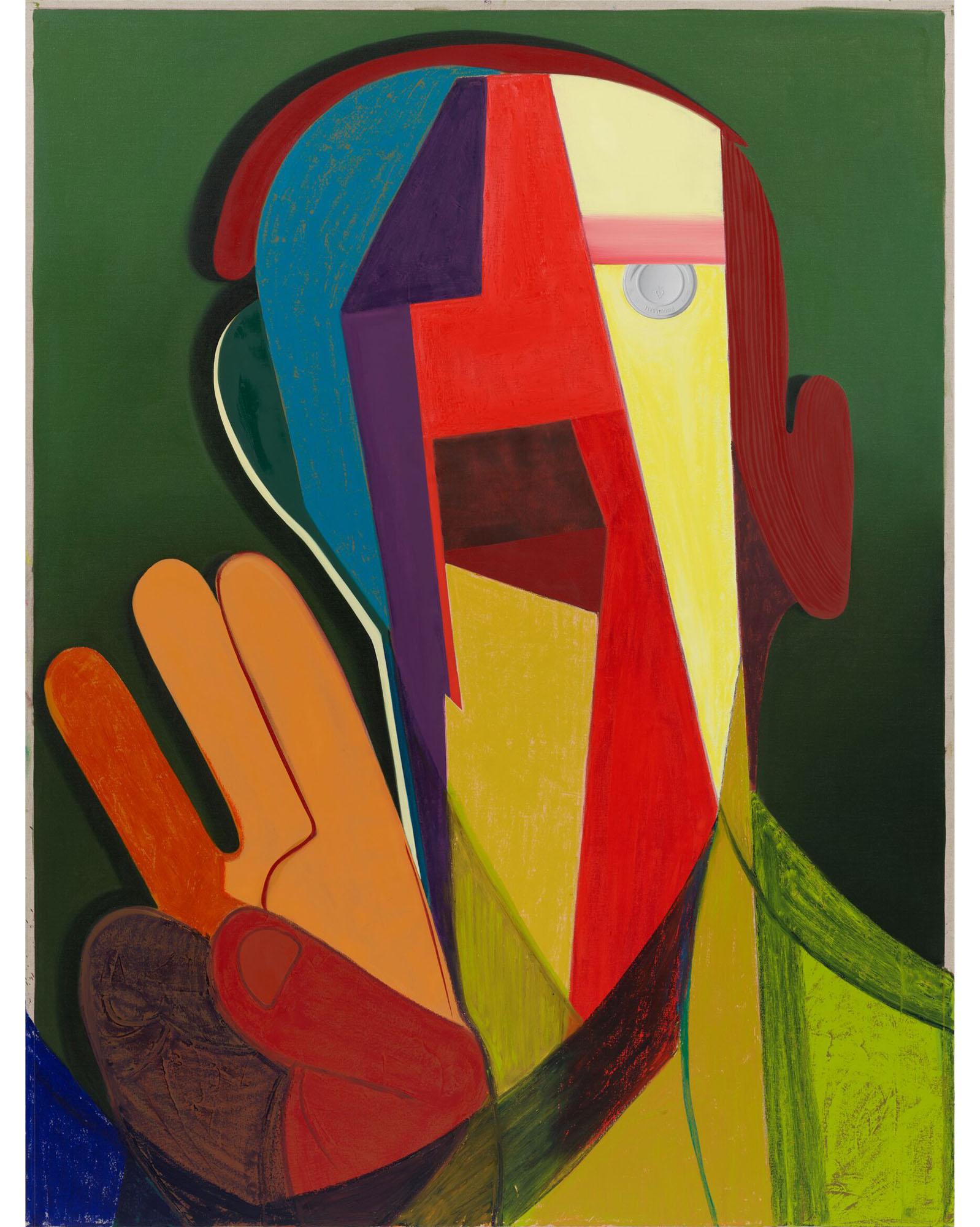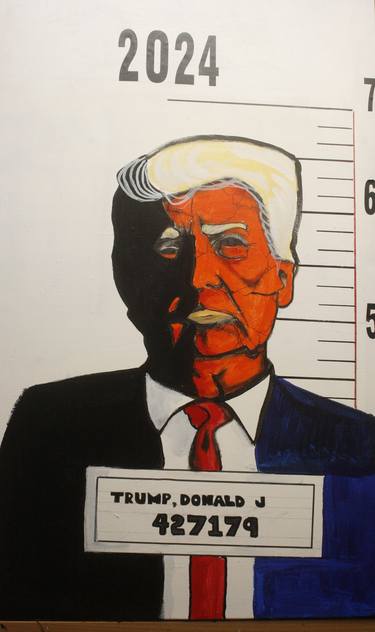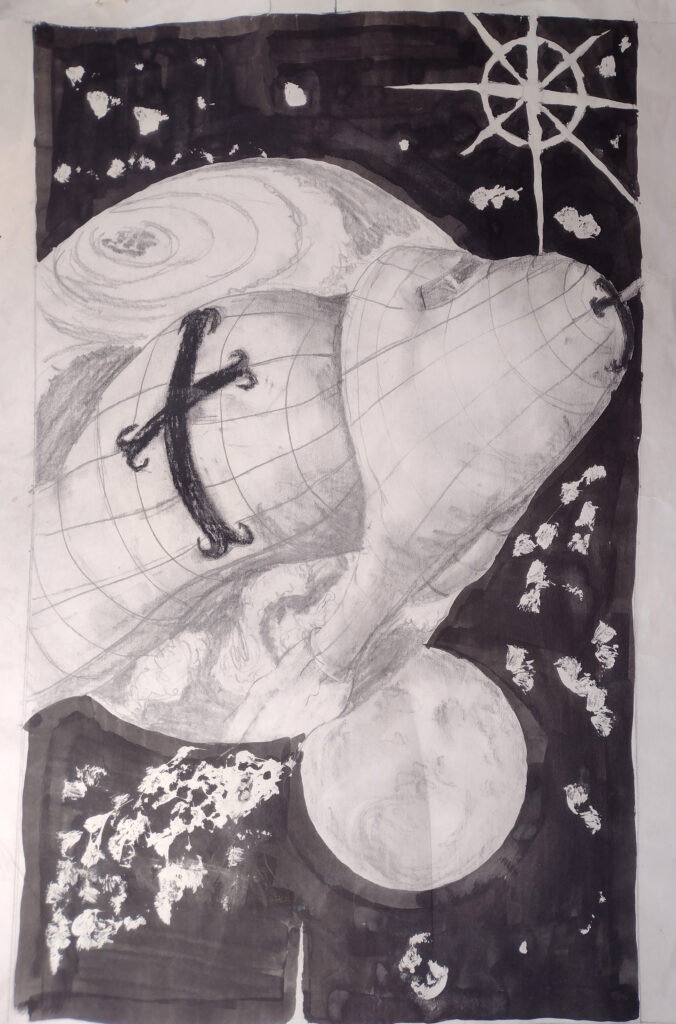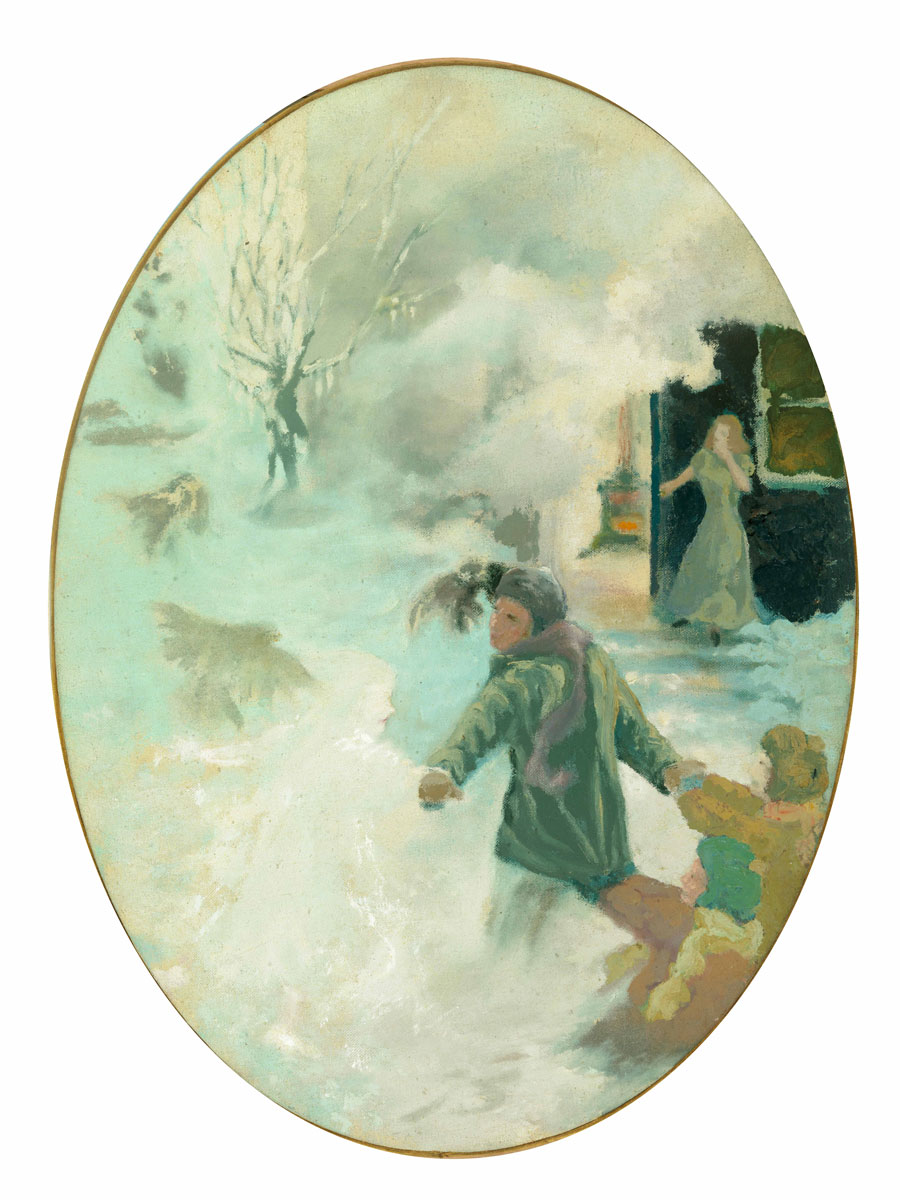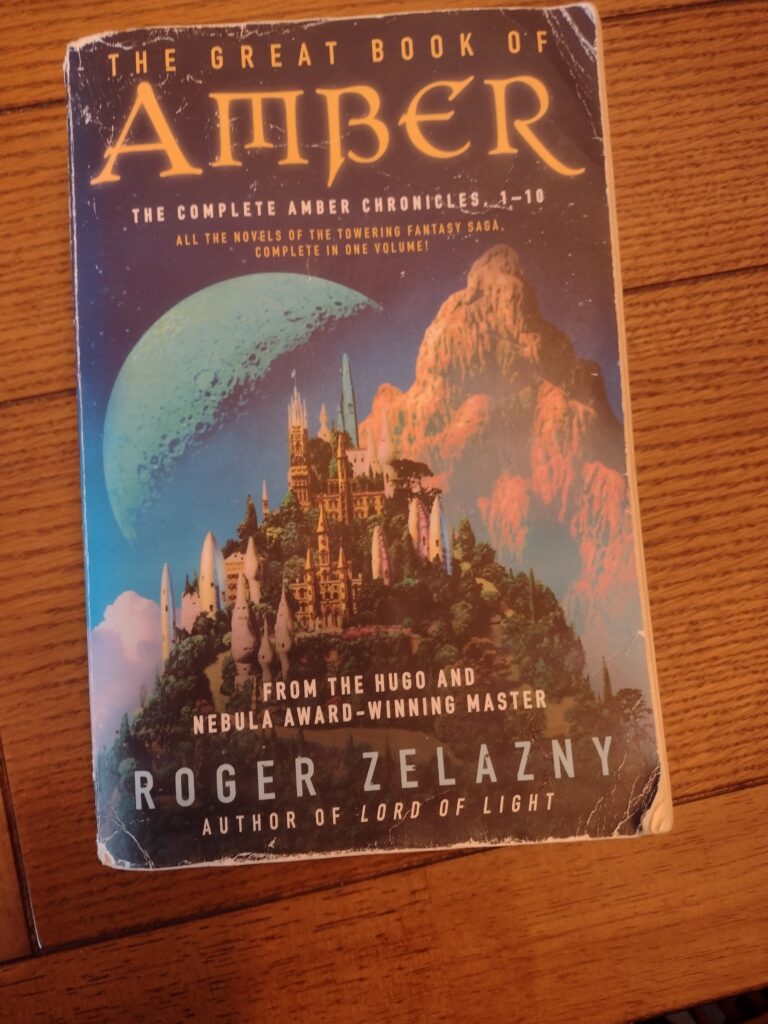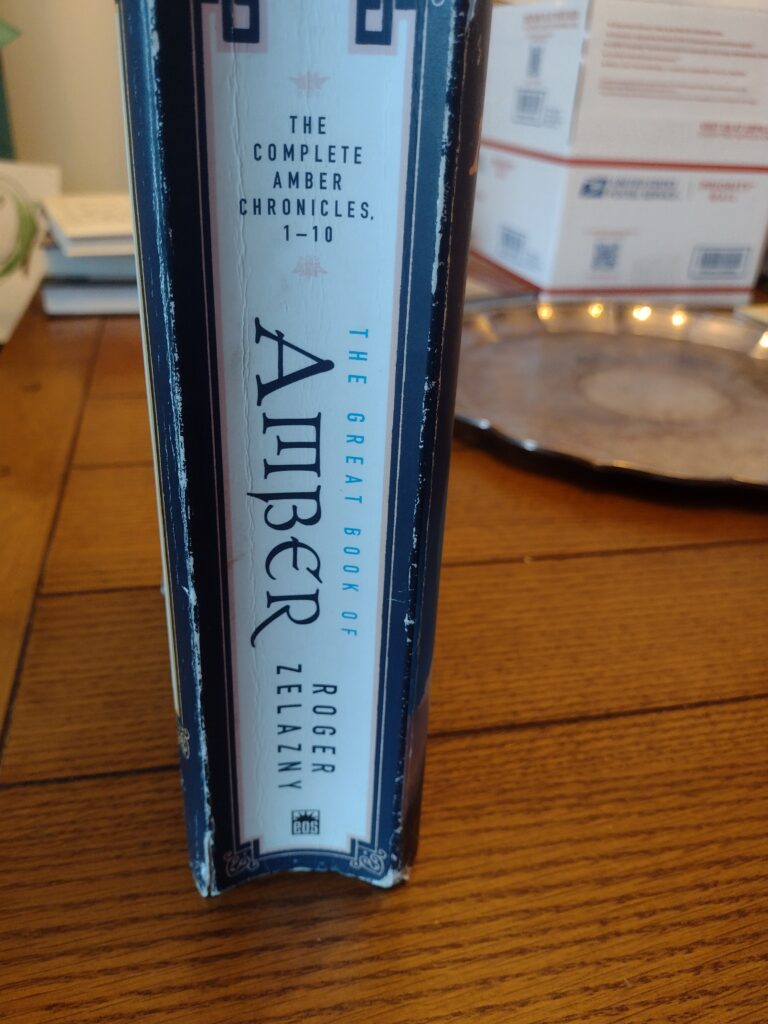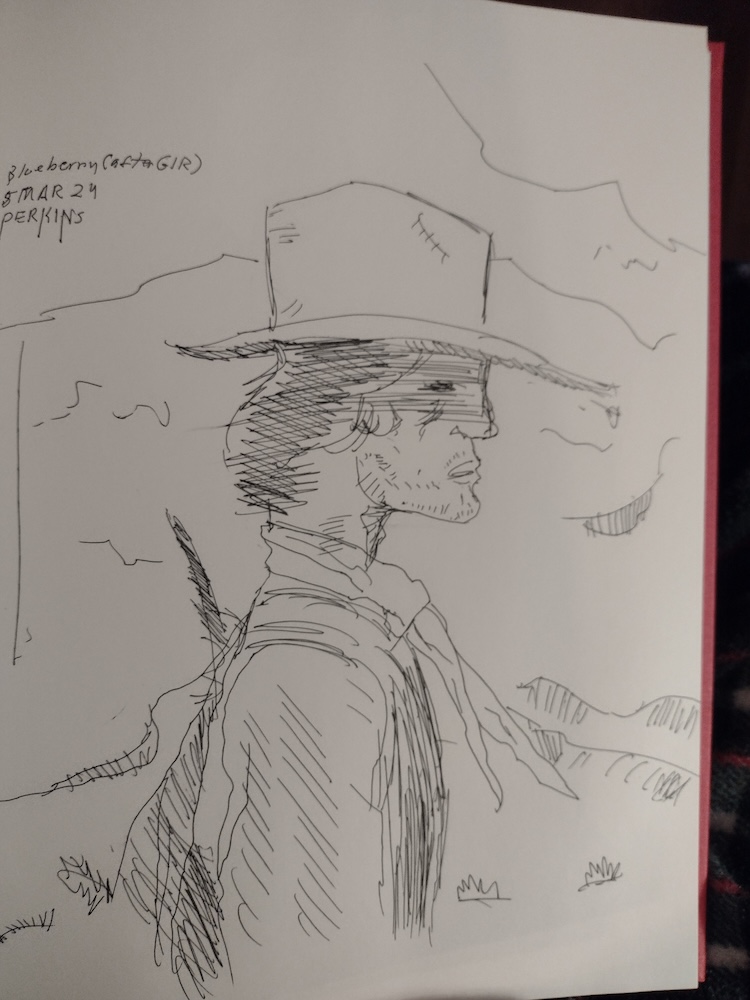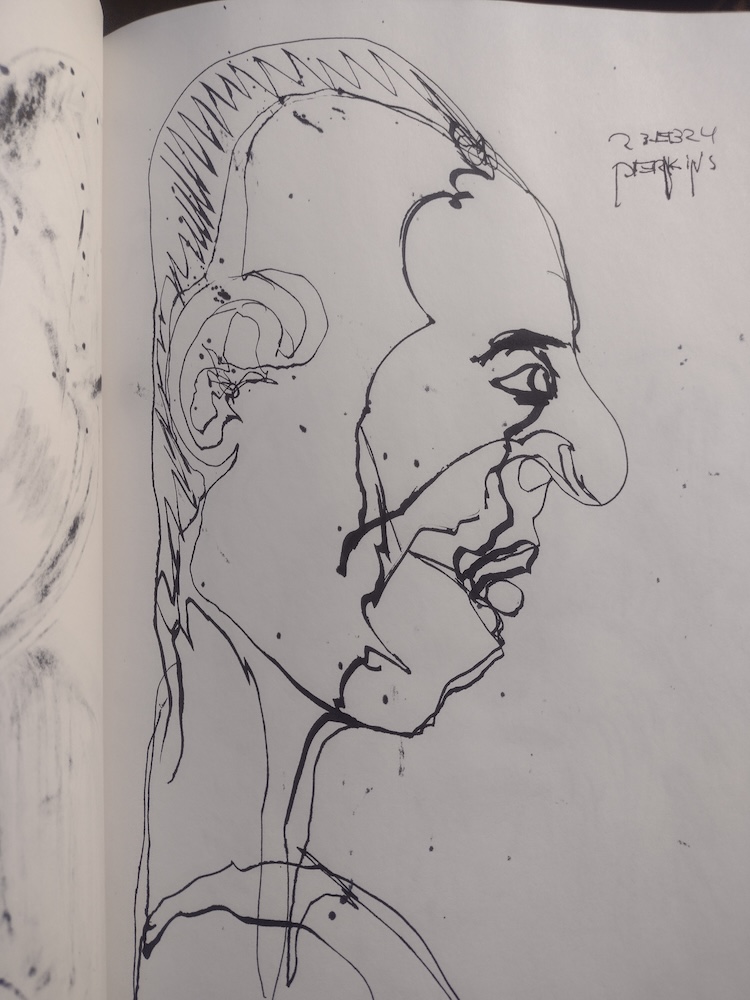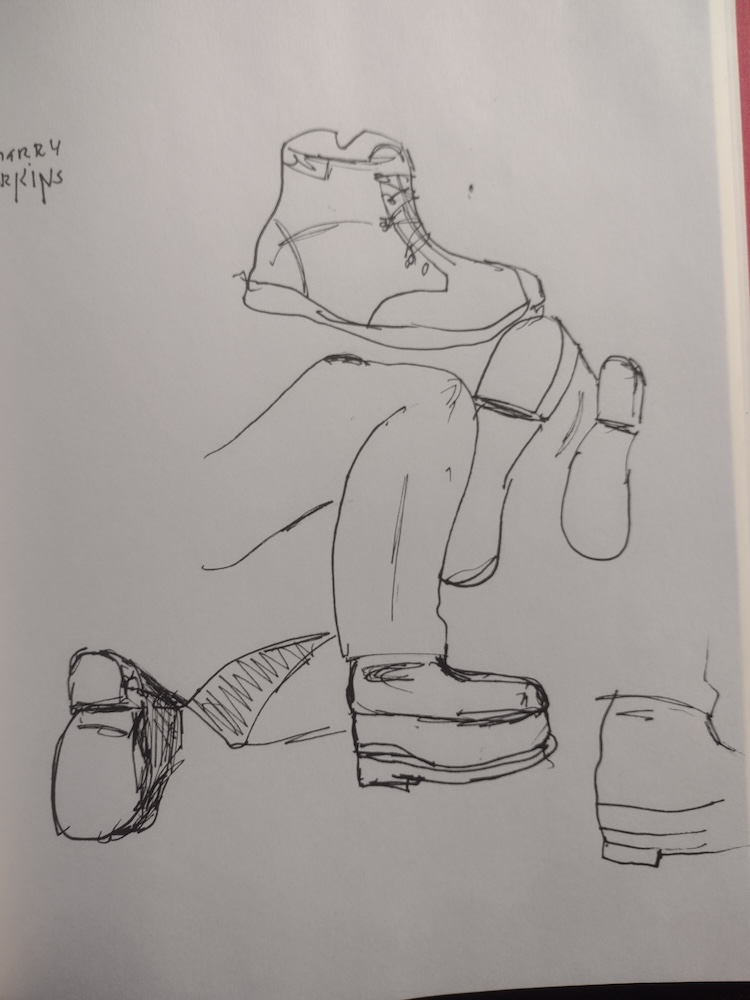We all, probably, have heard the term “spang”. Here’s the definiton”
spang [ spang ]
adverb, Informal.
- directly; exactly:The bullet landed spang on target.
This next word is not actually in any dictionary. I made it up while half way between sleep, and wakefulness Sunday morning.
spangular [ spang-gyuh-ler ]
adjective
- Acting in a direct manner.
- Precisely
In a sentence: He spoke in a spangular way.
I don’t know, just some fun with words, I guess. LOL
WikiArt
Found out that there is a Wiki project solely for art. Spent some time perusing it, and it’s pretty useful.
Aim of the project
Our primary goal is to make world’s art accessible to anyone and anywhere. WikiArt already features some 250.000 artworks by 3.000 artists, localized on 8 languages. These artworks are in museums, universities, town halls, and other civic buildings of more than 100 countries. Most of this art is not on public view. With your active involvement, we are planning to cover the entire art history of the Earth, from cave artworks to modern private collections. We also provide you with tools for translation on as many languages as needed.
Has artist biographies, and a selection of their work, and a link to the Wikipedia article. It explains art movements/styles and has links (with portraits) of practitioners of the style.
What a great resource.
What about that box grater
18 uses for a box grater. Number 2 was the best in my estimate.
2. Brown Sugar
Even though I know that putting a citrus peel in the brown sugar keeps it soft, I inevitably end up with brown-sugar boulders that I attack with a knife, a scenario sure to one day end in heartbreak. And then I thought: box grater. It works.
Scott Nearing
A nice biography and remembrance of Scott Nearing, who along with his wife Helen, basically, started the back to the land movement. Read their books assiduously back when I was younger, still have my original copies of the “Good Life” books.
While I’m not able to garden like they did this spring, the wife and I have figured out how I can grow some herbs and veggies. Couldn’t do this life without her.
Thanks for reading. Love you all.

